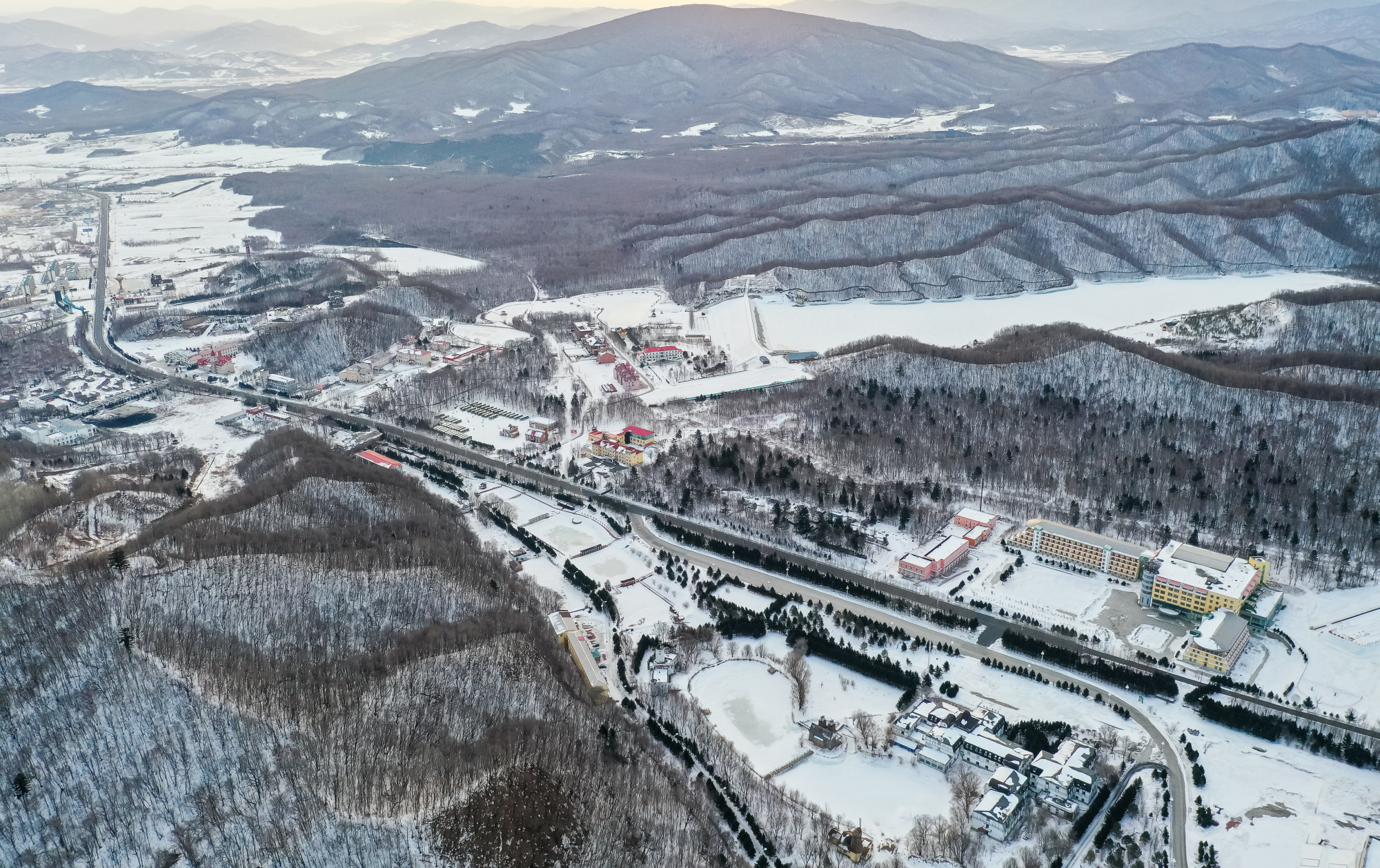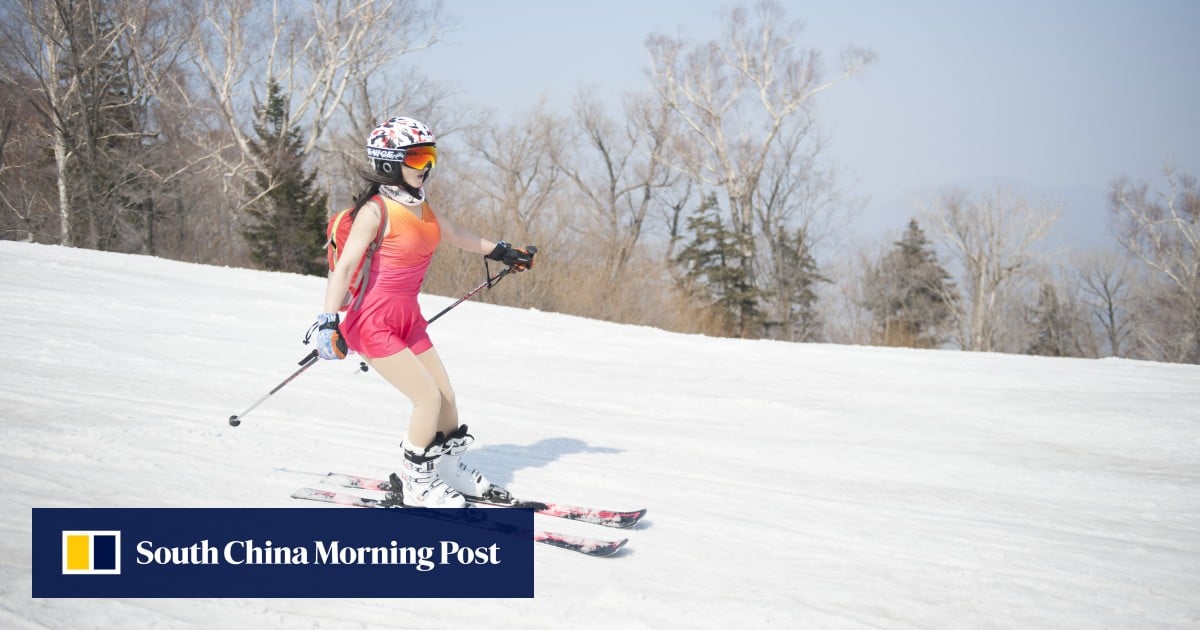It is the first time since late 2019, and the arrival of Covid-19, that many Chinese tourists have enjoyed their winter holidays without worrying about lockdowns and infections.
Data from booking platform Ctrip shows pre-ordered year-end ski passes were double those of the year before, while ski group tour bookings grew nearly 30 per cent from the previous year.
An official tourism report forecast 25 per cent to 30 per cent more tourists this season compared to the last, and numbers could exceed 400 million people for the first time, potentially generating as much as 550 billion yuan (US$77.2 billion) in revenue.
‘Cold weather’ No 1 barrier to ski holidays for Hong Kong winter travel lovers
‘Cold weather’ No 1 barrier to ski holidays for Hong Kong winter travel lovers
In its five-year tourism development plan, China has called for a boost in “ice and snow tourism”, which includes everything from opening more ski resorts to tapping local culture and traditions.

Finance director Jin Honglan said that visitors at Harbin’s Yabuli Ski Resort had doubled from previous years, and tourist spots around the city were now bursting with people.
“Next year and the year after that, [it] will be even more popular. Everyone is feeling the enthusiasm for skiing,” she said.
Heilongjiang, the once resource-rich province that fuelled industrial development with its coal, minerals and timber, has rolled out measures to “transform the advantages of its ice and snow resources” and turn itself into an international winter tourism destination, according to the state-controlled People’s Daily.
Yueyua, a 50-year-old tourist from Ningbo city, in Zhejiang province, said winter sports had gained popularity as awareness increased.
“There is a lot of publicity, different types of media coverage, bloggers, things like that,” the visitor said.

In line with the winter tourism rebound, demand for accommodation has surged. Tourists have even gone on social media to complain about price gouging after some homestays in rural Heilongjiang, famed for its snow landscapes, have been charging 3,000 yuan a night for just a pair of mattresses on the floor.
Far to the west, at a ski resort in the northwestern Xinjiang region, this winter was “obviously more lively” than in previous years, an executive at the Keketuohai International Ski Resort told People’s Daily, saying that it expected to receive 300,000 tourists this winter, having greeted 2,000 on average every day since opening its doors for the season in October.
The local government in Xinjiang’s Altay region has accelerated some 550 million yuan of investments in projects, adding new ski trails and parks, while new hotels have been opened and direct flights from cities including Guangzhou and Beijing launched.







